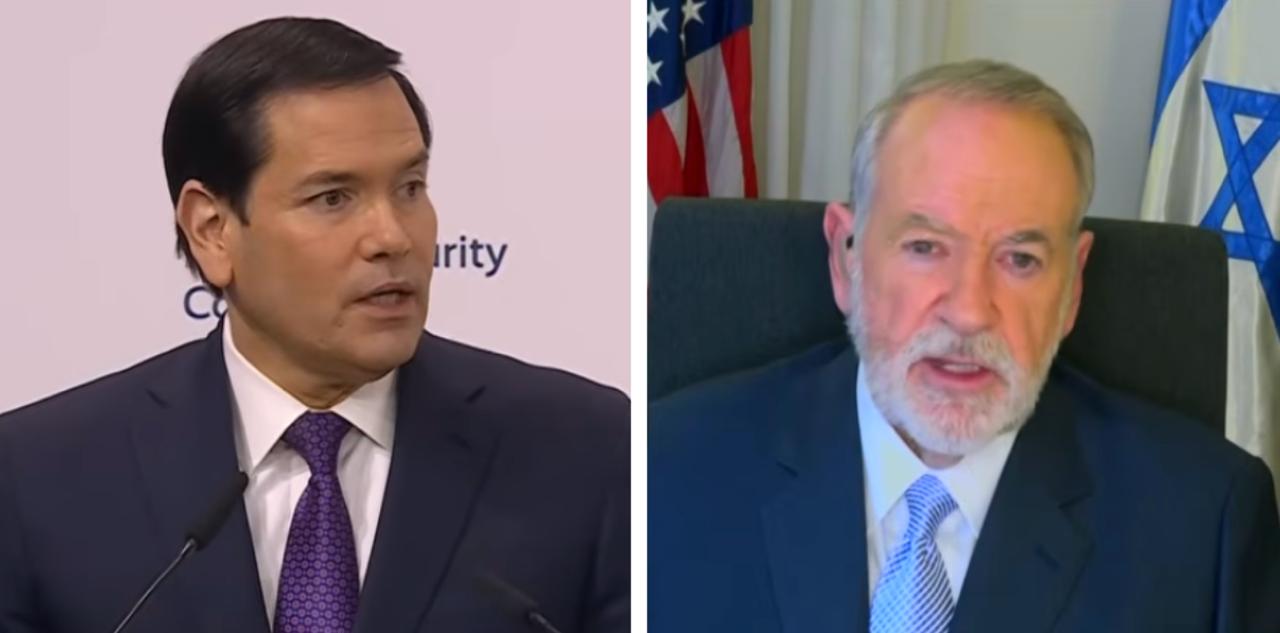Ahead of the Summer Olympics which will open in Paris next month, the International Olympic Committee (IOC) has released new "portrayal guidelines" for how Olympic-affiliated media and outside outlets should cover athletes, stating that terms like "biological male" or "biological female" are offensive.
In a section titled "Problematic Language," the IOC states that "harmful" terms to avoid include "born male," "born female," "Biologically male," "biologically male," "male-to-female (MtF)," "female-to-male (FtM)," "genetically male," and "genetically female."
The use of terms, the IOC said, "can be dehumanising and inaccurate when used to describe transgender sportspeople and athletes with sex variations. A person’s sex category is not assigned based on genetics alone and aspects of a person’s biology can be altered when they pursue gender-affirming medical care."
Instead, affiliated media is urged to use terms such as "girl/boy," "woman/man," "transgender girl/boy," "transgender woman/man," and "transgender person," stating that "it is always preferably to emphasize a person’s actual gender rather than potentially calling their identity into question by referring to the sex category that was registered on their original birth certificate."
The IOC also urged that phrases such as "identifies as," "he/she is a transgender," "sex change," "post-operative/surgery," and "transsexual" should be avoided.
Among "general good practices" the IOC said affiliated media should be mindful of, the committee said that these outlets should center "the voices and experiences of trans people in sport and athletes with sex variations in your communication or coverage, as much as possible."
The 33-page guide also stressed the importance of covering female athletes competing on the world stage. The committee said that women face a "lack of coverage" and highlighted that the highest-paid female athlete, tennis player Coco Gauff, is paid hundreds of millions of dollars less than the highest-paid male athlete, soccer player Cristiano Rolando.
"Sport is one of the most powerful platforms for promoting gender equality and empowering women and girls, and sports coverage is very influential in shaping gender norms and stereotypes," the IOC wrote.
The IOC added that the Olympic Games "are an incredible spotlight" and "a unique and powerful platform to showcase the universality and diversity of sport to people across the globe, and particularly to women in all their diversity and other members of minority groups, who are often discouraged from getting involved in sport due to not seeing themselves represented within the prevailing sports cultures and media."
"The two weeks of Olympic coverage are a rare time when women’s sports and sportswomen – irrespective of nation, race, religion, sexual orientation or socioeconomic status – are likely to make the headlines. But outside that period, both the quantity and quality of women’s sports coverage remain inconsistent and limited in comparison to that of men."
The IOC stated that women "are not a homogenous group, nor are they solely defined by their gender identity."
"Indeed, women are as different from each other as they are from men. All individuals have multiple intersecting dimensions that shape their experiences of sport. Other social markers of difference such as race, class, ethnicity, religion, nationality, culture or sexual orientation (to list but a few) inform a person’s identity," the IOC wrote.
"Balanced portrayal practices should ensure that the diversity within and among different groups are both considered and reflected. After all, not all sportspeople look or sound the same, nor do they experience life exclusively in terms of their gender identity."





